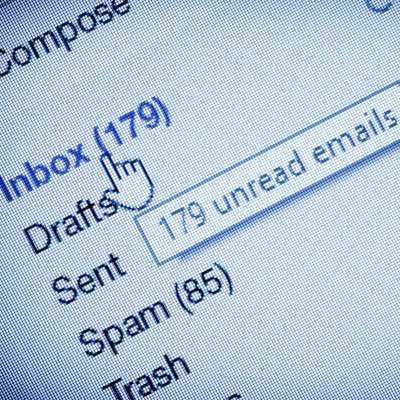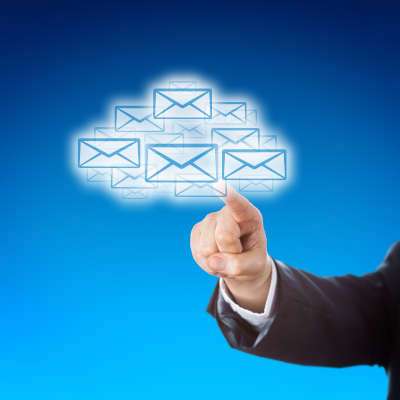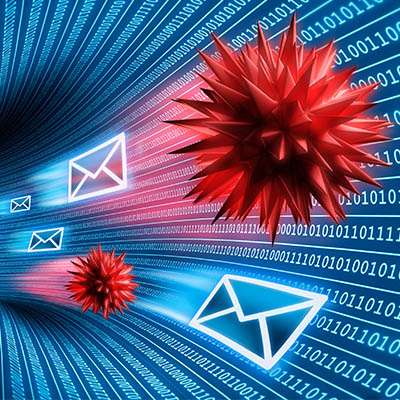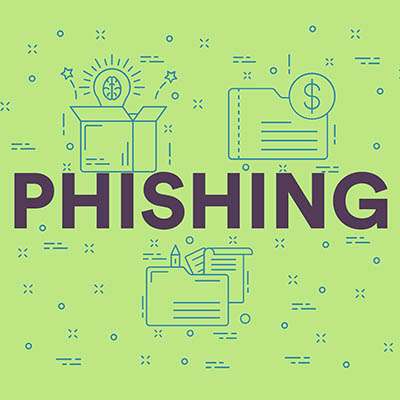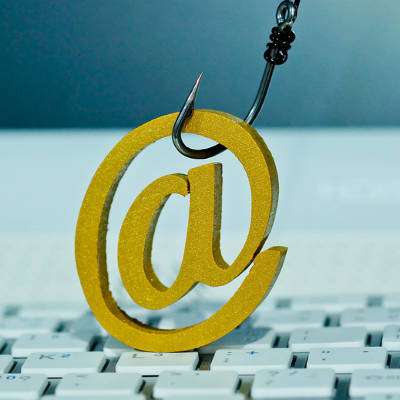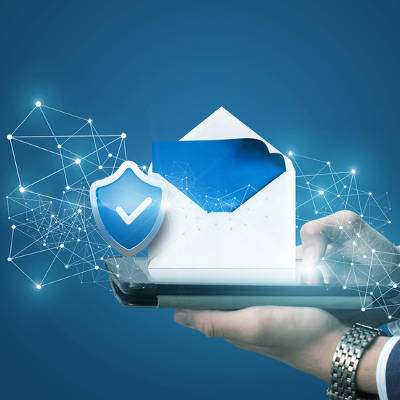While email is an incredibly convenient tool, it can quickly become a time-drain if finding the right messages to read and respond to becomes an overbearing responsibility. Luckily, there is a simple solution to remedy this that, after spending some time learning about the full capabilities of your email platform, can once again make your email the convenient tool it is was designed to be.
Macro Systems Blog
When we talk about modern cybersecurity, there seems to be a lot of emphasis put on phishing attacks and ransomware. This is for good reason: not only can either of these attacks create significant difficulties for a business, they are often used in tandem. Why are these threats are so potent, and why do they so often show up together?
As businesses have progressed, the use of tools to enhance their communication has become paramount to success, with ongoing global developments only contributing more to their importance. With new challenges and opportunities arising each day, your team needs the tools that allow them to work together and accomplish all that needs to be done.
With a few noteworthy exceptions, modern businesses are largely in a holding pattern, waiting for the time to come when their operations can resume in full force. When that time arrives, however, there are likely to be some growing pains as everyone settles back into their old processes and operations. To help diminish these impacts, we recommend spending this time to enhance your business communications.
If you were to search Google for “the most imperative thing for a business to be successful,” a wide range of answers appear, from team management, to sales skills, to relationship building, to decision making. On the other hand, among the vast majority of the results, there was one common thread: the ability to communicate.
Email is one of the most important tools that a business has at its disposal; however, its true value can easily be wasted if it isn’t utilized to its fullest potential. To avoid this, we’ve put together a few ways to streamline your business emails, and maybe correct a few bad habits along the way.
Email is obviously an incredibly useful tool in the business setting, helping with a wide variety of communication needs. On the other hand, in order to make the most of your emails, you need to have an email client that allows you to do so. Below we’re pitting two major email clients against each other to see which one offers the features that best suit your business and its needs.
Phishing has swiftly become the most popular form of cyberattack due to the method’s simplicity; it solely relies on a user’s gullibility. The weakest link to any business is usually the employees. In order to protect your business, you and your team need to recognize these social engineering cyberattack attempts. Below are a few tips on how to identify a phishing attempt.
Despite its eccentric name, phishing is a very significant threat to everyone, especially modern businesses. Thus, you must be prepared to identify its warning signs and circumvent risky situations. Listed below are a few tips to prevent you from becoming a phishing victim; make sure you share them with your employees as well!
You may have heard of phishing: the method cybercriminals use to scam their targets by impersonating someone that their targets would trust, requesting access credentials or other sensitive information. Did you know that there are specific types of phishing? Let's review spear phishing, one of the biggest risks to your business.
Our modern society is infamously connected, especially in the business sense; this fact can make not receiving a reply back from an email jarring. While we all need a break every now and then, we also need to reply to our contacts efficiently, which is where the ‘out of office’ message in Gmail comes into play.
Phishing scams have one of the most descriptive names in all of computing, mostly because of how similar phishing is with fishing. When someone goes fishing or phishing, bait is dangled in the hopes of getting a bite, and different types of bait can be used, depending on the catch one is trying to make.
Email security has suffered recently because of the commoditization of basic email security services. If every spam solution is the same, then they can be changed out to just about any other solution out there, removing quality and replacing it with quantity. This trend has taken antivirus--the fact that free antivirus exists and many people prefer it over some paid solutions is a testament to this--but will spam protection move in the same direction?
It’s not unusual for an organization to sideline communications in favor of getting operations off the ground; the problem with that is communications are supposed to be used for augmenting operations. Thus, companies that don’t utilize a unified communications system are doing themselves a disservice in many ways.
We think that it’s safe to say that nobody enjoys their inbox receiving incredulous amounts of emails on a regular basis. Yet, the business owner must maintain their inbox every day, and if a message doesn’t strike them as important, they’ll probably either ignore it or delete it completely. Here’s how you can prevent this from happening.

